Week 7: Negotiations Between the House and the Senate
Dear Friend,
Important bills are now being negotiated between the House and Senate conferees. As you may have read in the newspapers, the Senate is taking a much more measured approach to implementing minimum wage legislation, gun safety measures, and policies that address climate change. Both bodies are aggressively passing anti-discrimination bills, wage protection policies, enabling authorities for localities, and increased funding for education and transportation.
The make-up of the Senate is 21 Democrats and 19 Republicans. This slim margin forces a more moderate stance than the House of Delegates is likely to take on controversial issues. It is important to remember that legislating is very different than advocating, although advocacy is an important ingredient in bringing about change. A wide range of stakeholders must be comfortable with the values and approaches represented in a piece of legislation for that bill to become law.
Noted below are highlights of this past week’s work.
School Funding in Senate Budget - The Senate passed a budget that provides the state share of a one-time 3% bonus for SOQ-recognized teachers and school staff in FY21 and a 4% pay increase (ongoing) in FY22 (both contingent on hitting revenue targets). The budget also includes funding for one school counselor for every 300 children. If we can achieve this ratio, children will have greater access to mental health and behavioral intervention services. The House budget comes very close to this allocation.
Early Prevention Services for Families in Senate Budget - I am delighted that the Senate allocated $9.5M in general fund dollars to access $30M in Federal dollars to help local Departments of Social Services provide early intervention services to families struggling to provide healthy and safe environments for their children. In 2018, the federal government reformed the revenue streams that have traditionally funded child welfare programs. These reforms, known as the Family First Prevention Services Act, have granted states more flexibility to tailor services at the time problems are identified. The goal of these reforms is to stabilize families, so children can avoid being placed in the foster care system. The House budget provides for similar funding.
Both Budgets Fund the Sexual and Domestic Violence Prevention Program - In collaboration with the Virginia Sexual and Domestic Violence Action Alliance, I crafted a program to support prevention efforts at the grass-roots level. This program is needed because both federal and state funding streams focus on strategies to intervene after an incident has taken place. Yet, experts and advocates strongly believe that prevention strategies should be funded as well. It is my hope that this new program can support efforts such as the promotion of safe dating practices, the importance of consent in a relationship, and the creation of support groups for young men.
Nonpartisan Redistricting - The Senate is poised to vote for a constitutional amendment to establish a non-partisan redistricting commission. Both bodies voted for this amendment in 2019, but passage is needed again, by both bodies, to place the amendment before the voters in November 2020. The commission would consist of eight lawmakers and eight experts, appointed by retired circuit court judges. It would be charged with drawing districts in a non-partisan fashion, honoring the criteria established by the Department of Justice, in a fully transparent manner. The General Assembly could only give an up-or-down vote on the commission’s recommended maps. The Governor would be excluded from the approval process. Moreover, there is accompanying enabling legislation, which I co-sponsored, to ensure minority participation on the commission and to strengthen transparency requirements. The House is waffling on the constitutional amendment approach and leaning more towards enacting only enabling legislation. I believe the belt and suspender approach is the better option and will be casting my votes for both the amendment and enabling legislation.
Driver’s Privilege Card - Senators Surovell and Boysko are leading on this issue with efforts to pass legislation that would enable undocumented immigrants to get a driver’s privilege card. To obtain this card, an individual would have to pass the same driver’s test that everyone else must pass, but the card could not be used for federal identification purposes. Kudos to the New Virginia Majority, Virginia Latina Advocacy Network, and other groups for helping move this legislation through the process. I played an important role in getting the legislation through the Transportation Committee, the first of many hurdles that were successfully navigated.
Virginians are safer when more drivers are trained, tested and licensed. Moreover, communities are stronger when more residents are able to participate in everyday life without breaking the rules. Thirteen states and the District of Columbia permit undocumented immigrants to obtain a driver’s license or some form of a driver’s card.
Equal Taxing Authority for Counties - This is transformational legislation that I am taking the lead on and collaborating with rural lawmakers to gain bipartisan support. Although many Republican lawmakers are very nervous about voting for taxing authority (even though it is only authority), they realize that if local governments have additional revenue streams available, they may be able to reduce the heavy burden on the real estate tax. I am hopeful that a bill will pass this year, and I am prepared for very tedious conference negotiations.
Public Safety - I am happy to say that bills will likely land on the Governor’s desk to allow localities to use cameras in work zones and school zones to monitor speeding. I expect most localities will advertise the presence of these cameras to avoid push-back from constituents. Moreover, another bill, that has been a long time coming, would require “hands free” mobile phone use while a driver is driving a moving vehicle.
As always, thank you for your ongoing support. It is a privilege to represent you in Richmond.
Sincerely,
Senator Barbara Favola
31st District - Representing Parts of Arlington, Fairfax & Loudoun


